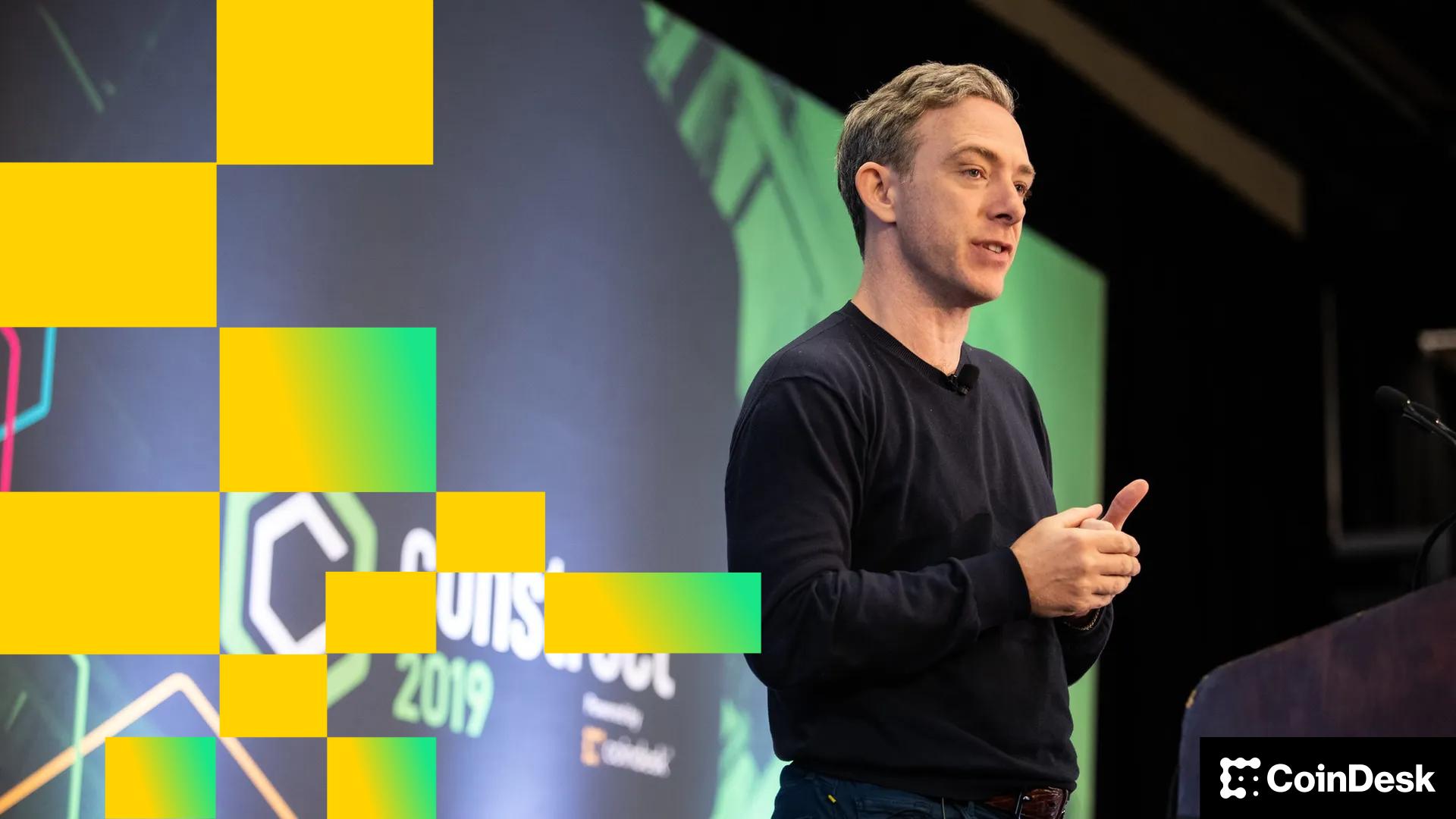
互联网计算机(ICP)是一个区块链项目,旨在与竞争对手区分开来,正加倍努力将自己推销为链上人工智能(AI)的首选网络。
根据互联网计算机开发者Dfinity的创始人多米尼克·威廉姆斯的说法,这可能是一个新技术栈的开始——在这个栈中,AI而非人类成为应用程序的主要开发者。
威廉姆斯在接受CoinDesk采访时表示,尽管加密货币价格在很大程度上仍受市场机制的驱动——国库操作、流动性游戏和投机——但底层技术最终将迫使人们面对现实。
“从长远来看,市场开始反映现实情况,”他说。“但到目前为止,你并没有看到互联网计算机的情况反映在ICP的价格上。”
在链上运行AI
威廉姆斯表示,互联网计算机在去年四月首次展示了作为智能合约运行的神经网络,最初是图像分类,后来是面部识别。
虽然与大型语言模型相比,这些模型相对简单——后者是驱动ChatGPT和Gemini等AI工具的类型——但它们证明了一个概念:AI可以在区块链上本地运行。威廉姆斯指出,尽管有关于“去中心化AI”的讨论,但没有其他网络实现这一点。
其他网络依赖于像亚马逊网络服务这样的链下基础设施,而ICP则寻求将完整的AI开发和执行栈集成到链上。威廉姆斯将其描述为“自我书写的互联网”——一个用户描述他们想要的内容,AI将其作为一个工作应用程序直接托管在互联网计算机上的系统。
威廉姆斯表示,更大的想法是,AI本身将取代今天大部分的开发者工作流程。AI可以瞬间生成应用程序,持续更新,并通过区块链提供的保证确保其弹性,而不是人类编写代码、配置数据库和维护服务器。
这重新定义了区块链,不仅仅是代币的结算层,而是AI生成应用程序的最佳环境。ICP的设计具有“反向燃气”等特性——开发者为其应用程序的计算成本付费,而不是要求最终用户支付交易费用——消除了传统基础设施中困扰的防火墙或数据库迁移的需求。
“AI以人类几百倍的速度开发这些应用程序,”威廉姆斯说。“而且因为没有系统管理员在旁,你需要只有区块链才能提供的保护措施。”
威廉姆斯提到早期的黑客马拉松,普通人利用ICP上的AI构建应用程序:从众包的坑洼地图平台,到生成遗嘱和健康指令的工具。
愿景是这样的工具可以在数百万中传播。企业家、小型企业甚至非政府组织可以在没有技术专长的情况下创建定制应用程序,使用法定货币支付使用费用,而加密代币则在幕后支撑系统。
价格走势仍然滞后
尽管有这些发展,ICP代币尚未看到持续的动力。去年宣布AI集成时,它短暂反弹,但此后更多地与更广泛的市场情绪而非用户采用保持一致。
威廉姆斯接受这种脱节,但预测市场可能很快会赶上。
“这可能是Web3第一次在技术上真正超越Web2,而没有任何代币激励的情况下,”威廉姆斯说。“当人们意识到他们可以直接与AI对话,并且一个区块链应用程序出现在一个URL上时,震惊将会来临。”
免责声明:本文章仅代表作者个人观点,不代表本平台的立场和观点。本文章仅供信息分享,不构成对任何人的任何投资建议。用户与作者之间的任何争议,与本平台无关。如网页中刊载的文章或图片涉及侵权,请提供相关的权利证明和身份证明发送邮件到support@aicoin.com,本平台相关工作人员将会进行核查。




